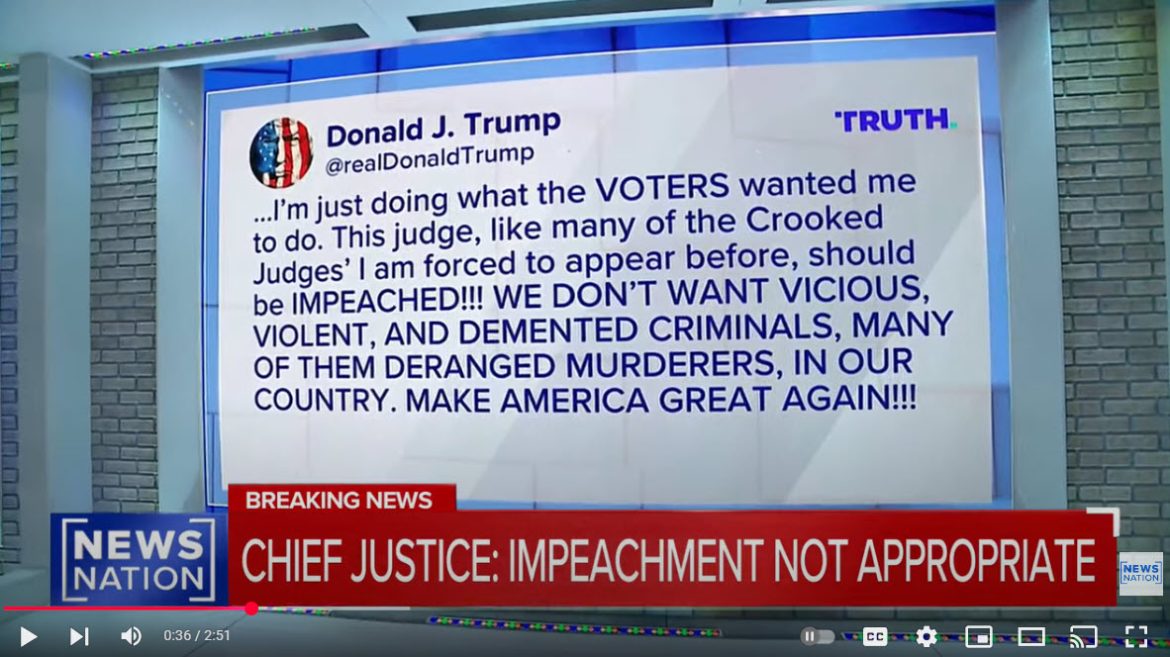The Trump administration is embroiled in a legal and constitutional dispute following its decision to deport nearly 300 Venezuelan nationals to El Salvador, despite a federal court order temporarily halting such actions. This controversy has escalated tensions between the executive and judicial branches, prompting a rare public admonishment from the Chief Justice of the United States.
On March 15, 2025, President Donald Trump invoked the Alien Enemies Act of 1798 to authorize the expedited removal of individuals identified as members of the Venezuelan gang Tren de Aragua. This statute, historically utilized during wartime, grants the president authority to detain or deport nationals from adversarial nations. The administration justified its actions by labeling these individuals as national security threats.
However, U.S. District Judge James Boasberg issued an order on the same day, temporarily blocking the deportations to allow for judicial review. Despite this injunction, the administration proceeded with the deportation flights, asserting that the judge’s order was issued after the planes had departed U.S. airspace, thereby rendering the court’s jurisdiction inapplicable.
This defiance led Judge Boasberg to demand a comprehensive explanation from the administration regarding its compliance with the court’s directive. The Department of Justice (DOJ) responded by arguing that the judiciary lacks the authority to interfere with the president’s national security decisions, especially those executed under the Alien Enemies Act.
In reaction to Judge Boasberg’s actions, President Trump publicly criticized the judge, referring to him as a “Radical Left Lunatic” and suggesting that he should be impeached for obstructing the administration’s immigration policies. This unprecedented attack on the judiciary prompted Supreme Court Chief Justice John Roberts to issue a rare public statement, emphasizing that impeachment is not an appropriate response to disagreements with judicial decisions and underscoring the importance of maintaining the independence of the judiciary.
The situation has sparked a broader debate over the separation of powers and the limits of executive authority. Legal experts express concern that the administration’s actions could set a precedent for circumventing judicial oversight, potentially leading to a constitutional crisis. The invocation of the Alien Enemies Act, a law seldom used since World War II, further complicates the legal landscape, raising questions about its applicability in contemporary contexts.
As the administration and the judiciary prepare for a potential legal showdown, the immediate focus remains on the status of the deported individuals and the legality of the actions taken against them. The outcome of this dispute could have far-reaching implications for the balance of power among the branches of the U.S. government and the future of immigration enforcement policies.



